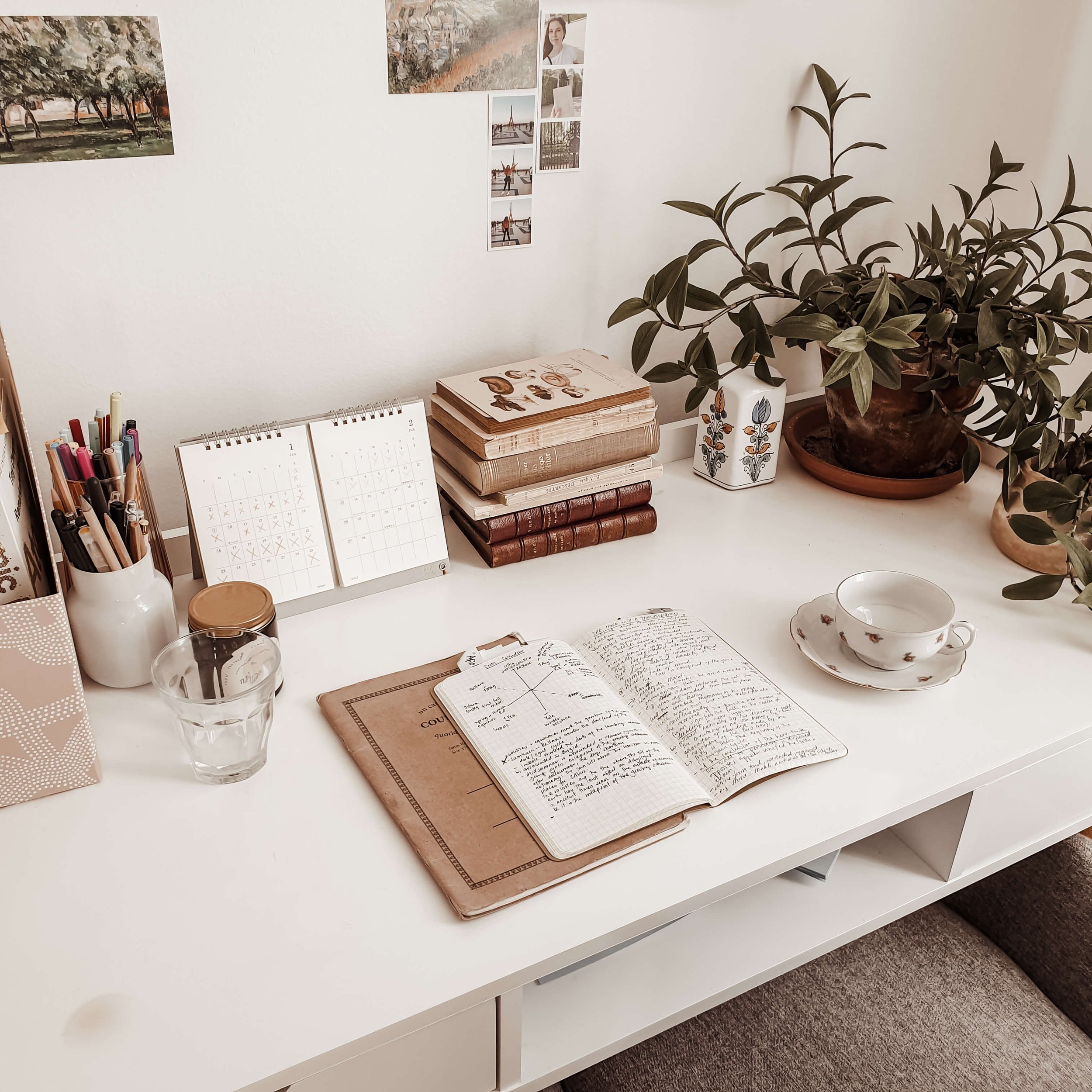How to Do Historical Research for a Novel
Writing historical fiction is a challenging genre. It requires a level of research and attention to detail that's usually seen in exclusive, academic circles. On top of needing pro-level research skills, you also need to imagine an interesting storyline and dream up compelling characters that your readers will love.
Although it can be a challenge, historical fiction can be one of the most interesting genres to write. You'll always learn something new, find a new appreciation for the past, and inspire your readers to love history as much as you do.
I recently joined my friend, Isla Fynn, on her podcast Writing The Past, to discuss how I research for my writing and other historical fiction writing tips. You can listen to the full episode above to learn even more about my process.
How to research for historical fiction
The cornerstone of writing this genre is research. Historical fiction writers like Philippa Gregory or Ken Follett spend hours upon hours researching so their books can be as detailed and as accurate as possible.
The research process can quickly become tedious and time-consuming, chewing up the time you could spend writing. In order to avoid this, I have found that it's best to have a focused approach that's trackable.
Pinpoint the exact period and place. When writing your book, it's important that straight off the bat, you pinpoint exactly when your story takes place and where. The Renaissance in Italy and in Germany, for instance, occur at two different time periods and in two different locations, meaning that the food, clothing, and philosophy of the time are completely different. Brainstorm and do some quick "skimming" research to see when and where you want to set your novel. I like to use Pinterest for this to gather initial ideas.
Find reliable sources. History is never cut and dry. It's a study that's formed from academic studies and scholars' opinions. Therefore, it's important to have the most up-to-date information on the topic and read about the opinions of several different scholars. To find free and paid resources can be tricky, but with some expert googling, you can find really amazing sources that give you the information you need. I really like to use Google Scholar to find freely accessible papers online.
Allocate time to research and track it. This is a super important part of novel research. Dedicating a lot of time to researching historical events is great, but without tracking it, you might be doing more research than is needed and missing out on time you could be spending writing. I recently set up a tracking system with Notion that allows me to track which stage of my novel I'm at. At a glance, you can see how far you are, how long you expect each stage to take you, and how long it actually took you. That way, you can plan months in advance and set yourself deadlines so you don't accidentally get carried away.
How to organize research for a novel
After you've started your research journey, you're quickly going to realize that you need a structured way to organize the notes you've just collected. History notes getting out of control is a real problem (trust me).
I wrote an article similar to this years ago and my method for researching the historical record has changed a lot since that time. I started out writing my notes by hand, typing them up in documents, and even writing in the margins of books with sticky notes. It was chaotic but now after some trial and error, I think I've found the most organized and traceable way of researching.
In order to combat note confusion, I've created some Notion templates to help. The first template is a Monthly Reading Research Tracker that will help you keep track of how many sources you've read and analyzed each month.
The template will help you estimate how many days it will take you to finish each source based on the number of pages the source is and how many pages you can read per day. When you've read the source, you can then record actually how many days it took to help you make more accurate estimations in the future. The sum calculations at the bottom help you to see over a month how much time you spent on each source.
The second template is a Novel Reading List Tracker that helps you to see, rate, and organize your sources at a glance. This way, you can keep track of all the sources you've read for your novel and how useful they were for your writing.
This one is a game-changer! The amount of times in the past that I lost a source is hard to admit. With this template, you won't lose track of those important sources again.
I've created these templates to be interlinked. So the tracker will link to your novel sources so there's no room for confusion.
I hope these templates help with your writing process and relieve some of the pressure of this incredibly complex genre. Over time, you'll see real, trackable progress that you can be proud of!











Editing your first novel is hard. It‘s a difficult process that‘s entirely self-directed, and if you don‘t have a map of how to approach the process, it‘s utterly daunting.